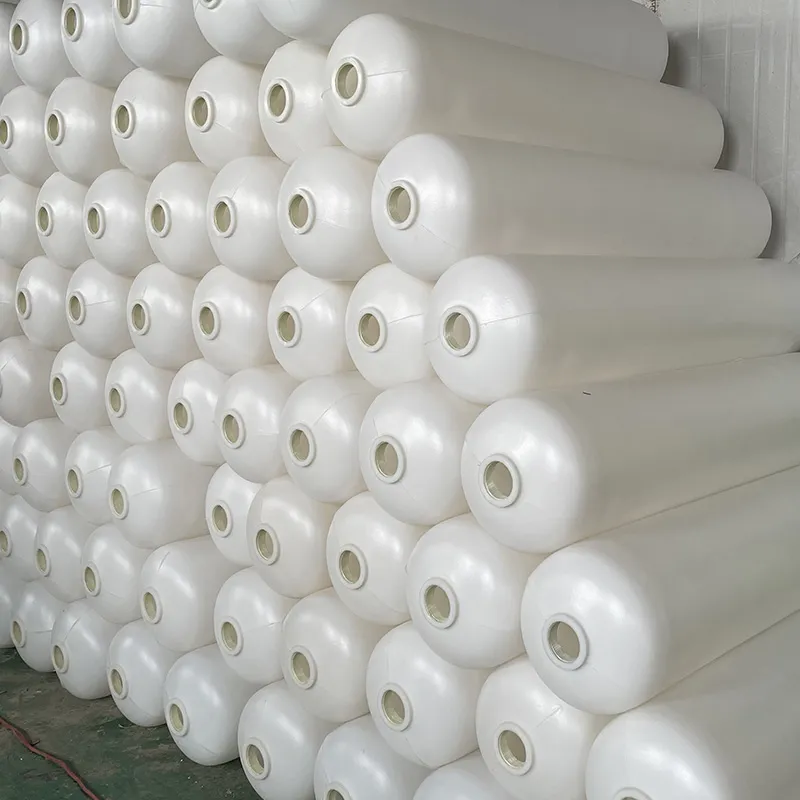loading...
- No. 9, Xingyuan South Street, Dongwaihuan Road, Zaoqiang County, Hengshui, Hebei, China
- admin@zjcomposites.com
- +86 15097380338
- Welcome to visit our website!
activated carbon filter vessel
The Role of Activated Carbon Filter Vessels in Water Treatment
Activated carbon filter vessels are crucial components in the process of water treatment, serving to purify water by removing contaminants and impurities. These vessels utilize activated carbon, a porous material with a vast surface area that enhances its adsorptive capabilities. The process of adsorption allows activated carbon to effectively bind and trap various organic compounds, chlorine, heavy metals, and unpleasant odors, thus ensuring that the water is clean and safe for consumption.
One of the primary advantages of activated carbon filter vessels is their versatility. They can be employed in various applications, including municipal water supply systems, industrial wastewater treatment, and residential water purification units. In municipal systems, these vessels help remove taste and odor compounds, as well as harmful chemicals, making drinking water more palatable and safe. In industrial settings, activated carbon can be tailored to address specific contaminants unique to that industry, ensuring compliance with environmental regulations.
The design of activated carbon filter vessels also plays a significant role in their effectiveness. Typically, these vessels consist of a tank filled with activated carbon granules, allowing water to flow through and come into contact with the carbon. Depending on the configuration, the flow can be vertical or horizontal, with the choice impacting the efficiency of the adsorption process. Additionally, pre-treatment may be required to remove larger particles before the water enters the carbon vessel, as this will enhance the longevity and performance of the activated carbon.
activated carbon filter vessel

Maintenance and regular replacement of the activated carbon are critical for the sustained effectiveness of these filter vessels. Over time, the carbon becomes saturated with contaminants, leading to a decrease in adsorption capacity. Thus, monitoring the pressure drop across the vessel and the quality of the output water is essential. Operators must establish a schedule for replacing the carbon, ensuring that the system continues to function effectively without compromising water quality.
Furthermore, advancements in technology have led to the development of specialized activated carbon materials, such as impregnated carbon, which can target specific pollutants more effectively. This innovation allows for tailored solutions to complex contamination issues in both drinking water and industrial processes.
In conclusion, activated carbon filter vessels are an integral part of modern water treatment systems. Their ability to efficiently remove a wide range of impurities makes them essential for ensuring clean, safe water. With proper design, maintenance, and the incorporation of advanced materials, these vessels can remain effective tools in the fight against water contamination, safeguarding public health and the environment. As water quality continues to be a paramount concern globally, the importance of activated carbon filter vessels in achieving clean water cannot be overstated.
-
The Rise of FRP Profiles: Strong, Lightweight, and Built to LastNewsJul.14,2025
-
SMC Panel Tanks: A Modern Water Storage Solution for All EnvironmentsNewsJul.14,2025
-
GRP Grating: A Modern Solution for Safe and Durable Access SystemsNewsJul.14,2025
-
Galvanized Steel Water Tanks: Durable, Reliable, and Ready for UseNewsJul.14,2025
-
FRP Mini Mesh Grating: The Safer, Smarter Flooring SolutionNewsJul.14,2025
-
Exploring FRP Vessels: Durable Solutions for Modern Fluid HandlingNewsJul.14,2025
-
GRP Structures: The Future of Lightweight, High-Performance EngineeringNewsJun.20,2025
